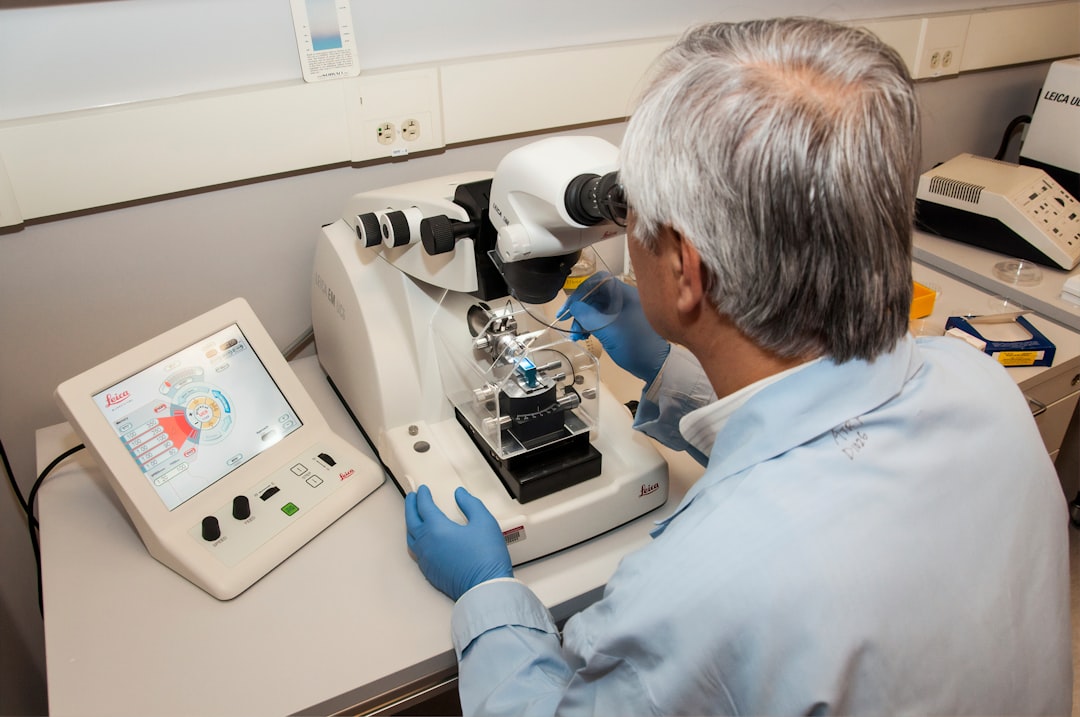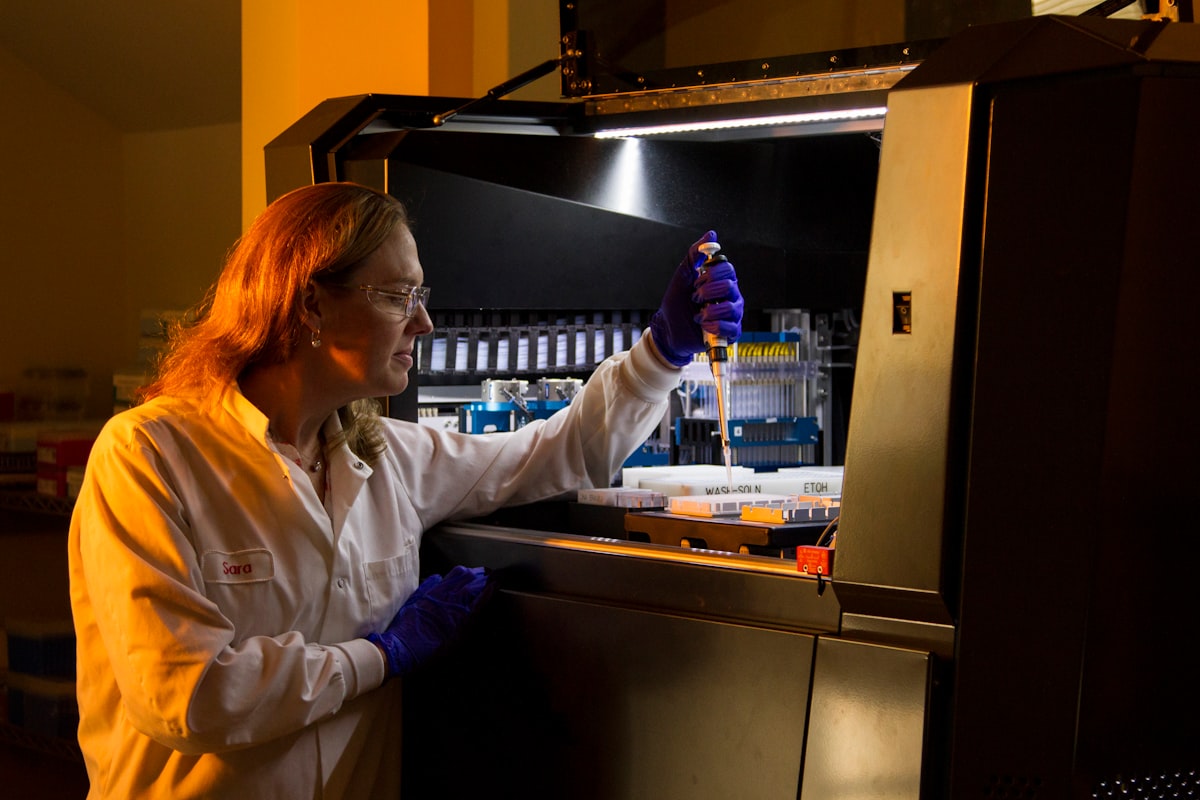What is Biotechnology?
Biotechnology is like the magician of the science world. It’s all about using living organisms or their systems to develop or create products, processes, or technologies that benefit humankind. Think of it as the ultimate toolkit of Mother Nature herself.
DNA: The Blueprint of Life
Imagine DNA as the intricate code that holds the secrets of life. It’s like a recipe book containing all the instructions for making and maintaining living organisms. Biotechnologists are the chefs who use these recipes to cook up incredible innovations.
Biotechnology in Everyday Life
Biotechnology isn’t limited to the confines of a lab; it’s everywhere around us, often in ways we don’t realize.
Medicine: Healing the Body
Biotechnology has revolutionized medicine. From insulin production to advanced cancer treatments, biotech plays a pivotal role in saving lives and improving the quality of life for many.
Agriculture: Feeding the World
Ever wondered how we produce more food with fewer resources? Biotechnology has answers. Genetically modified crops resist pests, adapt to harsh conditions, and increase crop yields.
The Power of Genetic Engineering
Genetic engineering is one of the most intriguing aspects of biotechnology. It’s like editing the code of life itself.
Designer Babies: A Controversial Frontier
Genetic engineering allows us to choose traits in our offspring, such as physical appearance and intelligence. But it raises ethical questions about playing ‘genetic god.’
Fighting Genetic Diseases
Biotechnology offers hope to those battling genetic diseases. Gene therapy can potentially correct faulty genes, offering a brighter future for those affected.
Environmental Conservation Through Biotechnology
Our planet faces numerous challenges, from pollution to climate change. Biotechnology steps in as a superhero to help conserve our environment.
Bioremediation: Cleaning Up Pollution
Microorganisms are deployed to break down pollutants, turning harmful substances into harmless byproducts. It’s nature’s recycling program.
Biofuels: A Greener Energy Source
Biotechnology helps produce biofuels from renewable sources like algae and plants. These fuels reduce greenhouse gas emissions and pave the way for a cleaner future.
Biotechnology and You: What’s in it for Everyone?
You might be wondering, “How does all of this affect me?” Well, biotechnology impacts your life in more ways than you can imagine.
Personalized Medicine: Tailored to You
In the future, your medical treatments could be customized based on your genetics. No more one-size-fits-all solutions.
Sustainable Living: A Greener Tomorrow
Biotechnology is crucial for sustainable living. It leads to eco-friendly products, reduced waste, and a healthier planet for generations to come.
The Ethical Dilemma
As we journey deeper into biotechnology, we must confront ethical questions that arise from our newfound powers.
Cloning: The Double-Edged Sword
Cloning has the potential to replicate life, but it sparks debates about identity, individuality, and the sanctity of life itself.
Privacy Concerns
With genetic information becoming more accessible, the question of who has access to our DNA data and how it’s used becomes paramount.
Conclusion: The Biotech Frontier
In conclusion, biotechnology is the future. It’s a realm where science, ethics, and innovation intersect. As biotechnology continues to evolve, it holds the promise of a brighter and more sustainable future.
FAQs (Frequently Asked Questions)
1. What is the main goal of biotechnology?
Biotechnology’s primary goal is to harness the power of living organisms to develop products, processes, and technologies that benefit humanity. This includes advancements in medicine, agriculture, environmental conservation, and more.
2. Can biotechnology be used to cure genetic diseases?
Yes, biotechnology offers hope for curing genetic diseases through techniques like gene therapy. By modifying or replacing faulty genes, scientists aim to treat and even eliminate genetic disorders.
3. Are genetically modified organisms (GMOs) safe to consume?
The safety of GMOs is a subject of ongoing research and debate. Regulatory agencies carefully evaluate GMOs before they are approved for consumption, but concerns about long-term effects persist.
4. What are the ethical concerns surrounding genetic engineering?
Ethical concerns in genetic engineering revolve around issues like designer babies, cloning, and the privacy of genetic information. These technologies raise questions about the limits of human intervention in the natural order.
5. How can I stay informed about biotechnological advancements?
To stay informed about biotechnological advancements, follow reputable science news sources, subscribe to scientific journals, and engage with online communities focused on biotechnology and related fields. It’s an exciting world worth exploring!
As we conclude our journey through the world of biotechnology, we hope you’ve gained a deeper understanding of this fascinating field. Biotechnology isn’t just for scientists in white lab coats; it’s a part of our daily lives, shaping the future in profound ways. Embrace the wonder, ask questions, and stay curious as we continue to unlock the secrets of biotechnology together.






